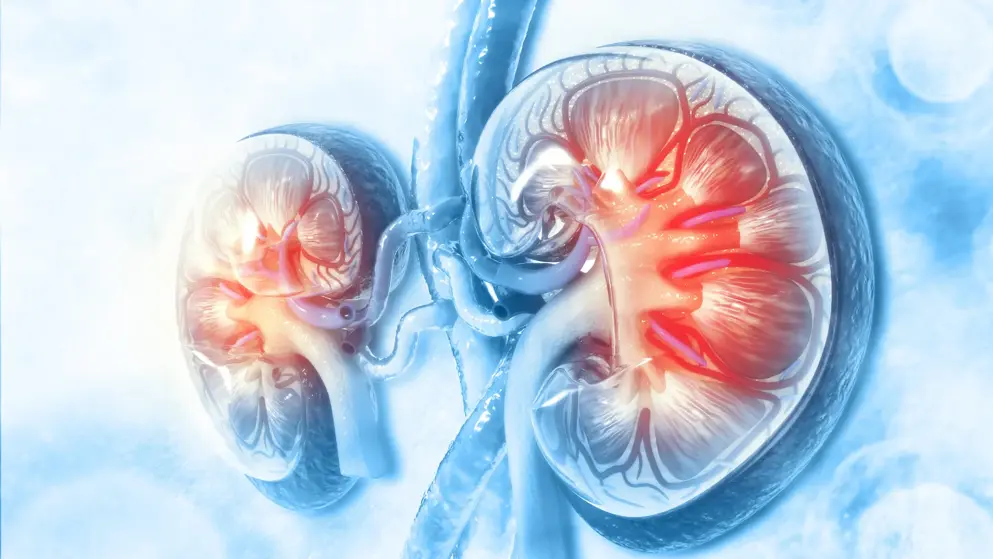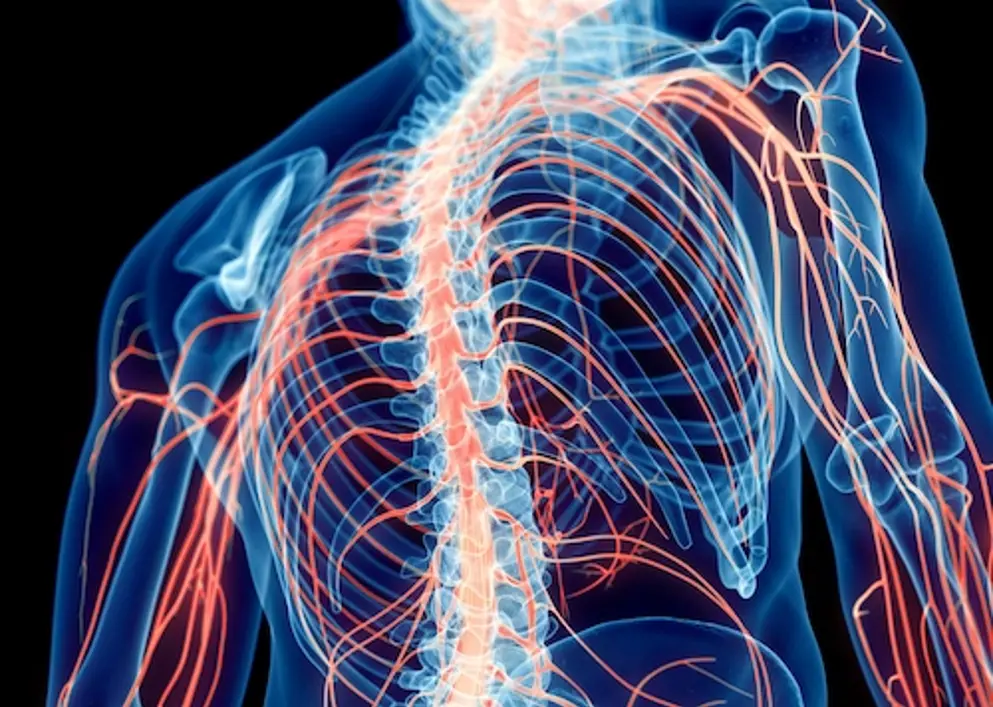Efficacy of Plasmapheresis in Nivolumab-Associated ANCA Glomerulonephritis: A Case Report and Pathophysiology Discussion
Efficacy of Plasmapheresis in Nivolumab-Associated ANCA Glomerulonephritis: A Case Report and Pathophysiology Discussion
Immune checkpoint inhibitors (ICIs) have revolutionized solid organ and hematologic cancer treatments by improving overall prognoses. However, they can lead to overactivation of the immune system and several immune-related adverse events and sometimes affecting the renal system. Although acute interstitial nephritis is well described, we know little about ICI-associated glomerular injury. Herein, we report an exceptional case of renal ANCA positive-associated vasculitis (AAV) after nivolumab therapy. Three weeks after the last nivolumab injection, the patient presented with proteinuria at 1.73 g/g of creatininuria, hematuria, and acute kidney injury needing dialysis associated with lung hemorrhage; anti-neutrophil cytoplasmic antibody (ANCA titer ≥1,280 with myeloperoxidase specificity of 780 U/mL) was positive, and kidney biopsy confirmed glomerular injury with crescents. The patient underwent treatment with steroid pulses, rituximab, and plasmapheresis, resulting in an improvement of the renal function and lung hemorrhage and produced a negative ANCA titer. Despite the results of the PEXIVAS study and the absence of clear benefit of plasmapheresis demonstrated in idiopathic AAV, we suggest that drug-induced AAV may be effectively treated by plasmapheresis, steroids, and rituximab.
Read abstract on library site Access full article





